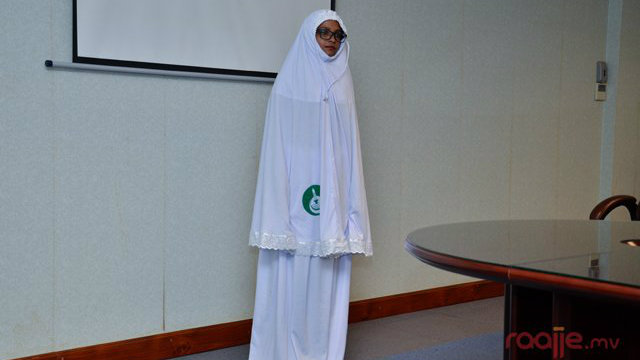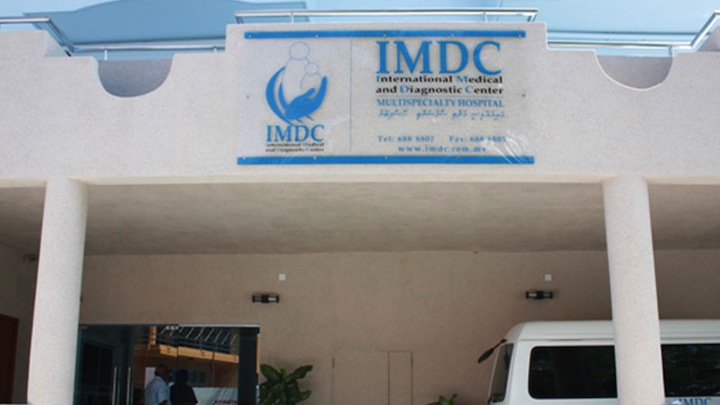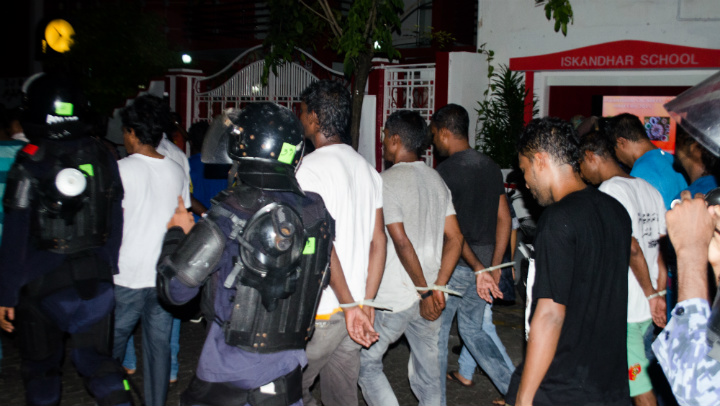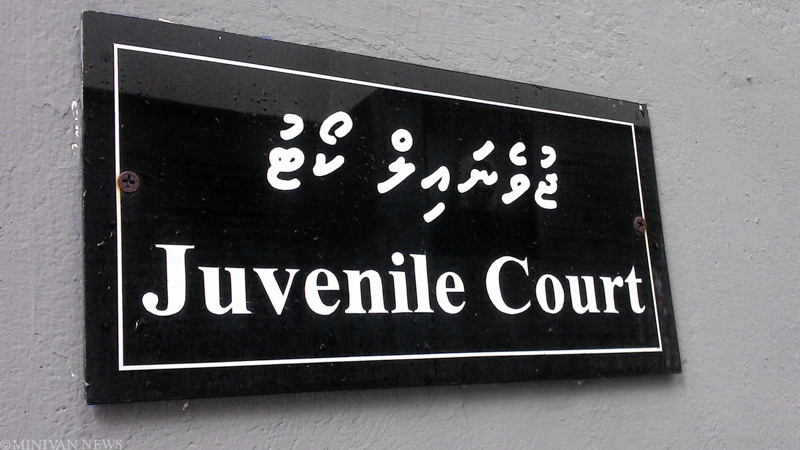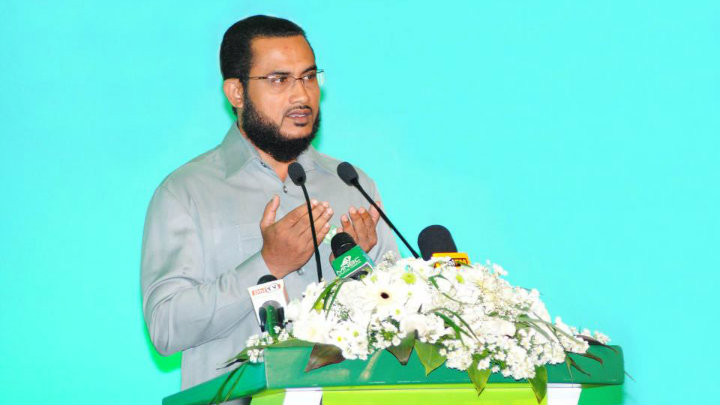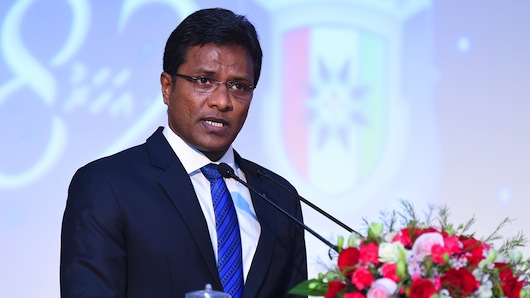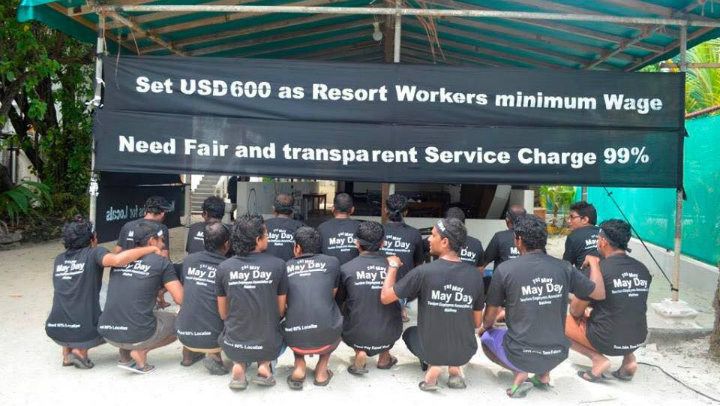Two children and an adult suffered burns during a government organized fireworks display at the Raalhugandu area in Malé last night, sparking public outrage.
Local media reported that a father, his child and another child were burned from falling gunpowder. The father and child were treated at the Indira Gandhi Memorial Hospital, while the other child was taken to the Senahiya military hospital for treatment.
Pictures of the burn victims circulated on social media last night, showing that all three of the injured suffered burns on the hands.
E Havaa ge Aniyaaverikan pic.twitter.com/ipKYSNeX9J
— IslandersLivesMatter (@bodyayya) May 17, 2015
Only the Maldives National Defense Force (MNDF) is allowed to operate fireworks in the country, with all profit from the fireworks going to the military welfare company the Sifainge Corporative (SifCo).
Speaking to Minivan News , MNDF spokesperson Major Adnan Ahmed said the military operates fireworks with stringent safety precautions, and is investigating the incident from last night.
“We cordon off the area during fireworks. Spectators are only allowed to stay at 300 feet distance from the fireworks operating area,” said Adnan.
Adnan said the three who were injured last night were standing outside of the cordoned area when they got burned, but refused to comment further on the incident. Meanwhile, minister of defence Moosa Ali Jaleel expressed his condolences to the victims in a tweet last night.
On behalf of @MNDF_mv My Deepest condolences to the people who got hurt on fireworks accident tonight. Wish u all a fast recovery. — Moosa Ali Jaleel (@MoosaAliJaleel) May 16, 2015
However, several social media users have slammed the government over the mishap, with one questioning as to why the government was holding children’s day fireworks six days after the actual date.
PPM govt has innovated Children’s Day celebrations: wake them up at night with loud fireworks, 6 days after Children’s Day! #HairaanAntharys
— Mickail Naseem (@MickailNaseem) May 16, 2015
Wish quick recovery for victims. Ordinary ppl go to watch fireworks to enjoy. They shouldnt worry about safety. But they get roasted alive. — Aishath Aniya (@Aniya_A) May 16, 2015
Fireworks displays have become commonplace in the Maldives during the past year, with the government and ruling Progressive Party of Maldives (PPM) using such displays to celebrate “victories.”
Most recently, the PPM used fireworks on May 2 to celebrate the government’s “victory” over the May Day protesters the previous day.
Nearly 200 individuals were arrested at a mass anti-government rally on May 1, including opposition Maldivian Democratic Party chairperson Ali waheed, Adhaalath Party president Sheikh Imran Abdulla and Jumhooree Party deputy leader Ameen Ibrahim.
The government also used a fireworks display to celebrate President Abdulla Yameen delivering his presidential address at the parliament, amidst protests from opposition MPs over the arrest of former President Mohamed Nasheed.
Nasheed has since been sentenced for 13 years of imprisonment over terrorism chargers for the military detention of Criminal Court Chief Judge Abdulla Mohamed in 2012.

